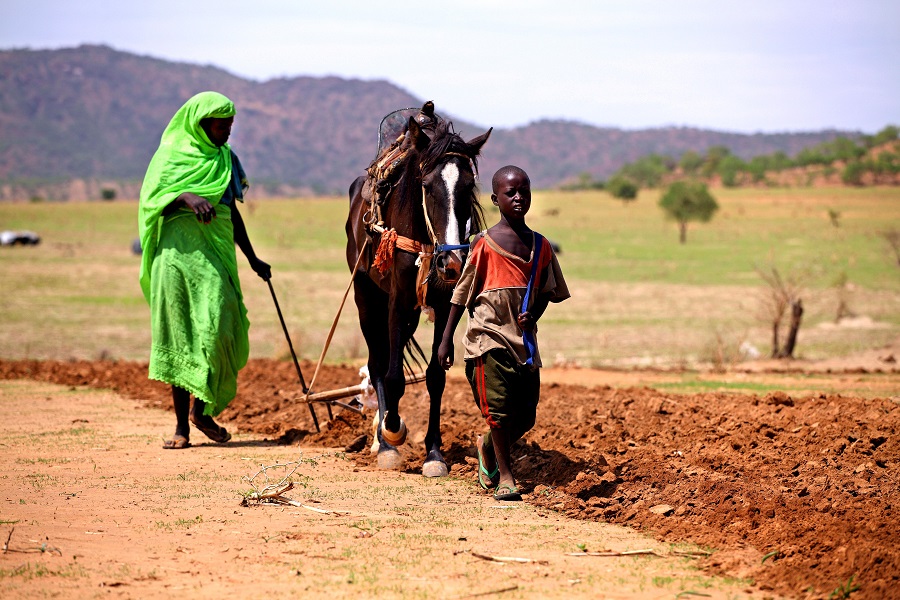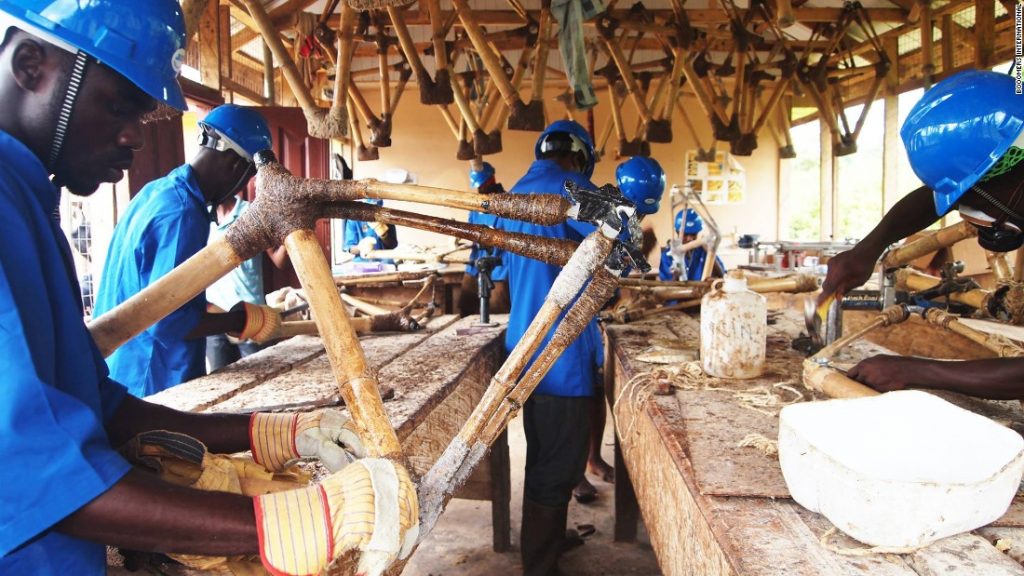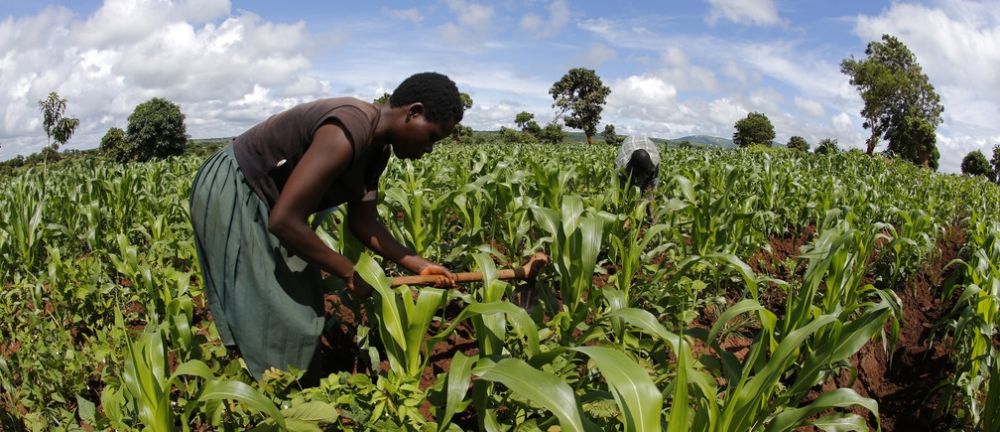Join GlobalBizzNetwork and start your international business network today.
Chad

Chad has an economy based on agriculture, but oil has recently emerged as a dominating force. Historically, though, Chad’s economy has been centered around cotton production and animal husbandry, which were important to Chad even before colonization by the French. French authorities encouraged cotton production during colonial rule, and raw cotton was primarily exported to France.
Chad endured three decades of civil war and invasions by Libya before peace was restored in 1990. A rebellion in northern Chad flares up sporadically. The Nigerian Islamist terrorist group Boko Haram claimed a series of suicide bombings in the capital of N’Djamena in 2015, and there have been various armed revolts and Sudanese-supported attacks. President Idriss Déby, a rebel leader who seized power in 1990, won a fifth term in 2016. Voters scrapped constitutional presidential term limits in 2005, but Déby’s 2016 reelection precipitated large street protests. The landlocked country pays dearly for imported goods, and oil accounts for about 60 percent of export revenues. Cotton, cattle, livestock, and gum arabic provide the bulk of non-oil exports.
When France withdrew from Chad in 1960, the nation was left with a less than adequate supply of skilled professionals and a poor infrastructure. In the following years, Chad’s economy focused on cotton production, with livestock exports also taking an important role. Nevertheless, political instability, war, and periodic drought hampered the steady economic development that was needed. A collapse in world cotton prices also severely crippled the cotton industry.
Manufacturing and industry have essentially been a support mechanism for agriculture. Take for example the parastatal Cotontchad, which produced cotton fiber. Many past Chadian state enterprises were privatized in the 90s, including the state sugar company and the two largest banks.
The telecommunications sector has experienced exponential growth. A Celtel booth is visible on every street corner in the capital. The internet has also become more accessible, although rural areas are lacking in this and other infrastructural areas. Lack of paved roads and poor electricity generation are additional infrastructural considerations.
Entrepreneurs in Chad face a high tax burden. Earlier this decade the Government of Chad instituted a new value added tax. Also, formal businesses encounter competition from informal businesses, which do not face taxes. The Government of Chad also loses tax income because of the vast and untaxed general commerce. Historical attempts at regulating various traditional economic activities have failed.
Oil is the most recent and most exciting topic in the Chadian economy. In the run-up to the opening of wells, much was envisioned for the oil income and its effect on Chad’s future. The World Bank called the project an “unprecedented framework to transform oil wealth into direct benefits for the poor, the vulnerable and the environment.” As the project continues to mature, the envisioned impact of oil funds has failed to materialize, a fact underscored by the World Bank’s withdrawal of support.







